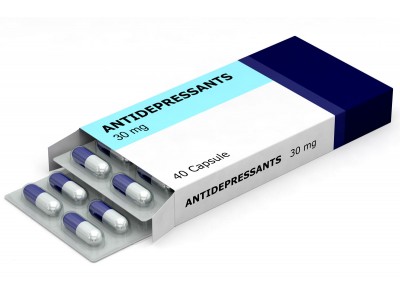Managing endometriosis-related symptoms often involves a combination of treatments tailored to the individual's needs. While antidepressants are not typically the first-line treatment for endometriosis itself, they may be prescribed to help manage specific symptoms such as chronic pain or mood disorders that can accompany the condition. Here are some antidepressants that may be considered:
Selective Serotonin Reuptake Inhibitors (SSRIs): SSRIs like fluoxetine (Prozac), sertraline (Zoloft), and escitalopram (Lexapro) are commonly prescribed for depression and anxiety. They can also help manage chronic pain by modulating neurotransmitters in the brain that affect mood and pain perception.
Serotonin-Norepinephrine Reuptake Inhibitors (SNRIs): SNRIs such as venlafaxine (Effexor) and duloxetine (Cymbalta) are another class of antidepressants that may be used to manage both mood disorders and chronic pain associated with conditions like endometriosis.
Tricyclic Antidepressants (TCAs): TCAs like amitriptyline (Elavil) and nortriptyline (Pamelor) are older antidepressants that can be effective for managing chronic pain conditions. They work by altering the levels of neurotransmitters in the brain, which can help reduce pain signals.
When considering antidepressants for managing symptoms of endometriosis, it's important to consult with a healthcare provider who can assess your specific symptoms and medical history. They can help determine the most appropriate medication and dosage, monitor for side effects, and adjust treatment as needed. Additionally, a comprehensive treatment plan for endometriosis may also include pain relievers, hormone therapy, physical therapy, and in some cases, surgical intervention.
Managing endometriosis involves a multidisciplinary approach, so communication with your healthcare team is essential to ensure that all aspects of your health are addressed effectively.
